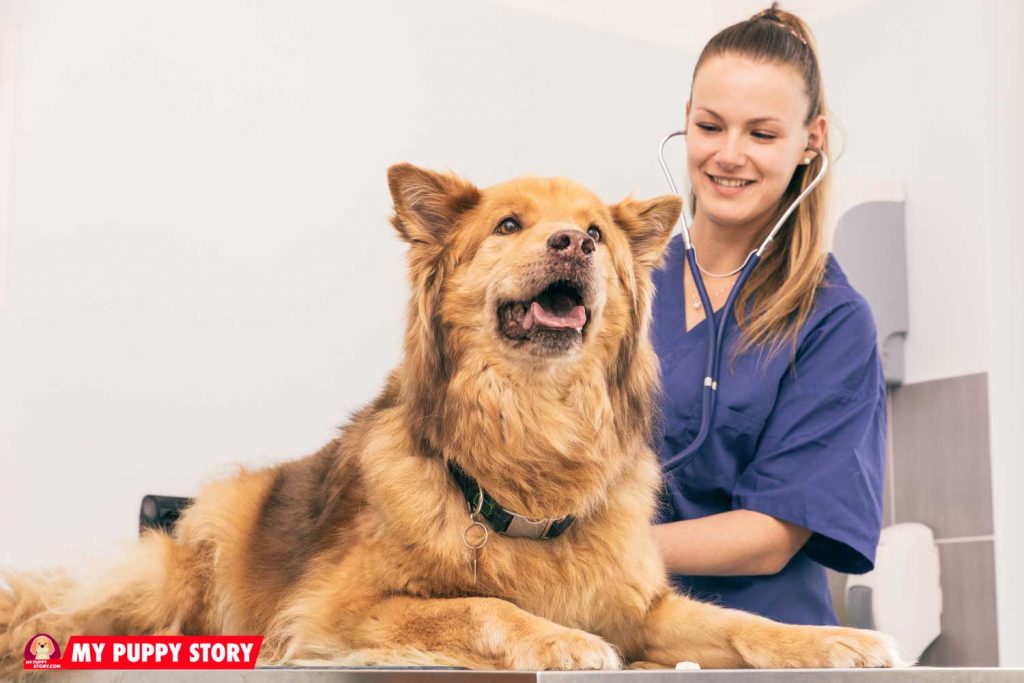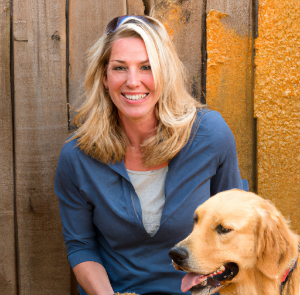
Just as your kids are your responsibility, your pets are also your responsibility. Taking care of them, feeding them, and attending to their medical needs will all depend on you. Most pets are not much to work on, but puppies are like your little kids and need so much of your love and care. They also need the most medical attention and vaccinations to ensure that they lead a happy and healthy life.
These little fluff balls will bring with them bags full of joy, but at a very young age, just as your child would, they will need to get vaccinated to be safe from any future diseases. This is just one part of their lives; you will also need to give them bundles of love, care, healthy food, attention, toys and whatnot. This is a big responsibility, so be prepared to stand by them at all times.
One thing you need to keep in mind is that once you have taken upon yourself the responsibility of a puppy, you will need to make sure that you keep it updated with its latest shots. This means that you will need to take it for various vaccinations multiple times a year till it is a year old. After that, you will need to take it for its booster shots, which will also be a couple times a year. Therefore, the trip to the vet will be constant and your puppy will not always be happy to go for the ride.
When you get yourself a puppy, the first thing you should do is take it to the vet for a complete checkup. On this day, be sure to talk to your vet about the vaccinations that your pet will require and what the schedule will be like. They will be the best people to tell you what your dog needs, as the type of vaccinations required can depend on where you live and your traveling plans (if any) with the dog.
The first vaccine that a puppy will get will be at the tender age of 6 to 8 weeks. The main types of vaccinations given at this time are for measles, parainfluenza, and distemper. At every stage, you will have optional shots too; it is up to you and your vet whether to give your dog those or not.
When your pup is 10 to 12 weeks old, it will be given another parainfluenza shot along with ones for distemper, parvovirus, and adenovirus (this combination is called DHPP). Then, at 12 to 14 weeks, your dog will be given its rabies shots. At 14 to 16 weeks, it will get another DHPP shot. You will then have a gap of a few months and will be required to take your dog to the vet at 12 to 16 months for rabies and DHPP. Then, after every one or two years, your dog will need its DHPP and rabies shots.
A lot of people simply get their dogs vaccinated but have no idea what they are getting the vaccination done for and why it is important to have them. The basic list of shots has been listed above, so we will start by talking about those. At the same time, you need to know a little about some of the different types of optional vaccinations for your puppy so that you know which ones to get if required.
Distemper
Distemper is a virus that can attack a variety of animals which includes dogs. The symptoms of distemper are fever, vomiting, discharge from eyes and nose, cough, twitching, paralysis, and seizures. The infection can also lead to death in some animals. Though this vaccine will not throw off the virus completely, it will build your dog's immune system to help fight it better.
Parainfluenza
This virus will cause a kennel cough which can be quite irritating for a dog and can increase in severity. In rare cases, it can even cause death.
Hepatitis
Just like humans, hepatitis in dogs affects their liver too. There are many symptoms of it, and it can also cause jaundice and pain in the stomach and liver area. A severe form of jaundice can even result in death.
Rabies
Almost everyone knows about rabies. One of the most recognizable factors is the foam at the mouth. The virus is dangerous as it takes over the central nervous system of the dog which then leads to behaviors that many people would describe as crazy. It will eventually result in death.
Parvovirus
This virus is one of the deadliest viruses, especially in puppies. This is because it attacks the gastrointestinal system of the dog which creates a lot of problems, bleeding and eventually death. It is also highly contagious and dehydrating, so steps need to be taken to tackle these problems.
Heartworm
Heartworm is a disease in which worms take their place in the heart of the dog. Sadly, there is no vaccine to prevent this problem, but there are a few steps you can take to prevent it from happening to your dog. Discuss it with your vet, and you will be good to go.
Coronavirus
This virus is a terrible one as it even affects the gastrointestinal system of dogs and can cause respiratory infections.
There are a few factors that will influence the cost of treatments. Number one is the location of your vet. If they are located in a trendy area and an urban city, then the chances are that their charges for vaccinations are high. The vice versa is true for rural or other smaller areas.
The making of the vaccine can also affect the price range. If the ingredients are expensive and the disease is a severe one, then the chances are that the vaccinations will cost higher.
Also, one thing that you need to note is that the vaccinations your puppy will receive during their first year will always be pricier than the booster shots or other vaccinations they receive in the future.
